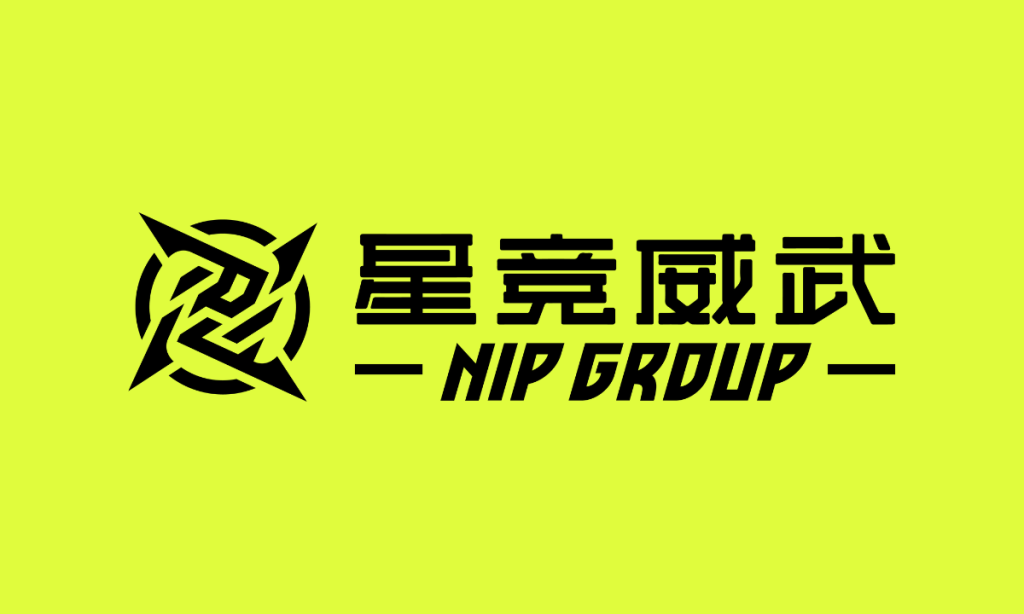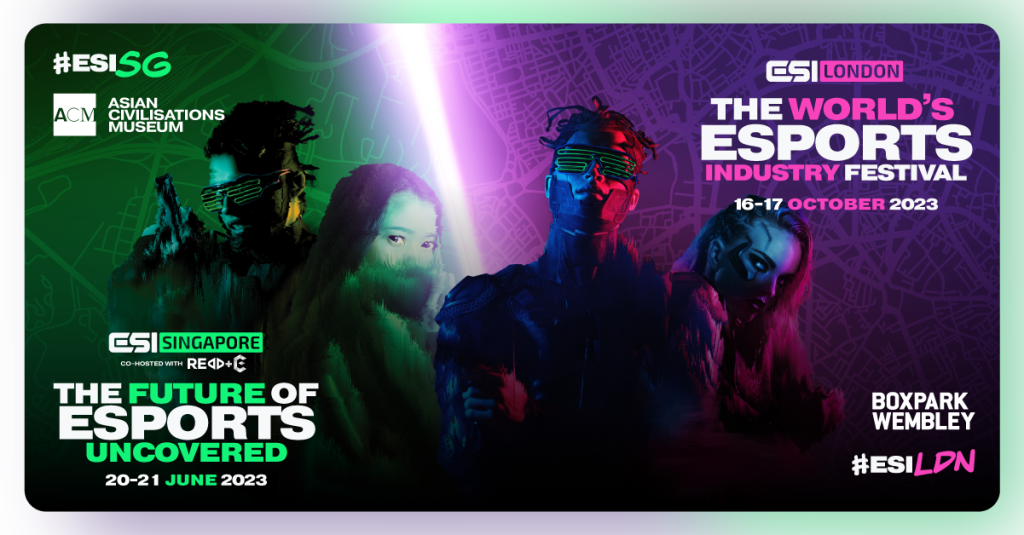
With the esports industry constantly evolving, it is crucial now, more than ever, for organisations to protect their intellectual property (IP) rights.
The esports industry inherently rests on IP rights, including trade marks, copyrights, designs, patent registrations and trade secrets. These rights protect intangible assets such as organisation brand names, logos and original content; often the foundation of an organisation’s identity and revenue.
Esports Insider spoke to Isle of Man-based law firm Kosnahan Law to break down why IP protection is crucial within the esports industry.
1. Protecting brand identities
Esports organisations invest heavily in creating unique brand identities to stand out in a crowded market. A brand identity encompasses the organisation’s name, logo, slogan and visual elements, used to represent them. The organisation’s name will feature in its domain name, throughout its website, across all social channels and will be used by casters, streamers and fans alike. From a commercial standpoint, the name features on team kits and jerseys, throughout sponsorships deals and will be licensed to third parties.
Therefore, protecting brand elements through trade mark registration is essential. It’s typically the first point of contact between the organisation and fans, sponsors or even potential investors.
A trade mark is a type of IP consisting of a recognisable word, sign or logo, identifying a product/ service from a particular source, crucially distinguishing the owner from others.
Registering trade marks is not as complicated as it might seem, nor is it particularly costly. What it does do, however, is give an organisation exclusive rights to use the name, logo and other identifying marks. This ensures protection against potential infringers or copycats and if required, the ability to take legal action to protect against trade mark infringement.
In the esports sector, such infringement may take a variety of forms. Examples include the creation of fake goods (merch), fake websites (including domain registration) and even fake social media accounts.
European esports organisation Ninjas in Pyjamas is just one example which has taken steps to protect its brand. It has protected its logo in the EU in three separate classes of goods and services (24, 28 and 41). It also has a word trade mark protected in the USA, Asia and the EU.
Consideration for trade mark protection especially extends to independent streamers, casters and grassroots gaming arenas. At grassroots level, imagine having the first venue in a city, but suddenly someone comes along and copies the venue’s whole concept. The new venue opens up using the exact name in another city in the UK where expansion plans were discussed. In such instances, having IP rights can help ensure that such situations will be dealt with.
Protection of UK trade marks falls under the Trade Marks Act 1994, with trade marks officially registered through the Intellectual Property Office.
Despite the benefits, not all organisations are adequately safeguarding their brands according to Jason Kelly, Founder of Kosnahan Law: “There are definitely a number of well-known organisations within the UK and EU markets who do not currently protect their brands effectively. This could be due to misconceptions in terms of costs and benefits. We’ve also seen organisations try and protect their own IP, but ultimately they didn’t protect themselves for the right classes of goods and services, or in the right jurisdictions.”

2. Protecting Designs
In addition to protecting brands, there are businesses in the esports sector involved in the peripheral market. This includes the development of faster mice for gaming, bespoke keyboards and much more.
Within peripherals, whilst trade marks are important, design registrations can also assist protect something innovative. Design registrations are relatively inexpensive and this form of protection in the UK, goes some way to enforcing against copycats, as well as exploiting through licensing deals for exclusive rights to distribute and monetise.
In the UK, copyright, designs and patents are covered under the Copyright, Designs and Patents Act 1988.
Kelly said: “Great products deserve protection. With more and more companies entering into the esports peripherals market with really cool products, it’s more important than ever to consider protecting unique designs.”
3. Protecting trade secrets
Trade secrets are essentially the secret source kept by an organisation to gain a competitive advantage. In esports, trade secrets may include game strategies, player scouting reports and sponsorship deals.
Protecting trade secrets helps prevent employees or partners from disclosing sensitive information to competitors, or using it for personal gain. There are many situations which arise for esports organisations which may involve the potential for trade secrets to be disclosed. This includes all-important sponsorship discussions, licensing deals, or personnel and player roster moves.
In cases of employment or player transfers, typically, contracts will have provisions regarding confidential information. However, in other situations, it’s not so clear-cut. As such, this should be made as relatively straightforward as possible. Kelly explained: “Protecting confidential information should be at the forefront of any commercial discussion. The simplest way to limit access to sensitive data is to have in place effective non-disclosure agreements (NDAs) are ensure they are signed in advance of any commercial discussions.”

Time to act
Protecting trade marks and other IP is critical for the esports industry. Organisations and businesses need to consider their position and what protection is required. Trade mark registration protects brand identity, design registration safeguards original designs and NDAs shield sensitive information, ensuring it remains confidential.
According to Kosnahan Law’s founder, despite the current economic climate and a downturn in sponsorship value within the esports industry, “IP protection has never been more important.”
Founded in 2021, Kosnahan Law specialises in Internet and Technology Law. Some of the firm’s areas of focus include esports, commercial contracts, sports & sponsorship agreements, domain names & disputes, data protection and even artificial intelligence.
Supported by Kosnahan Law




